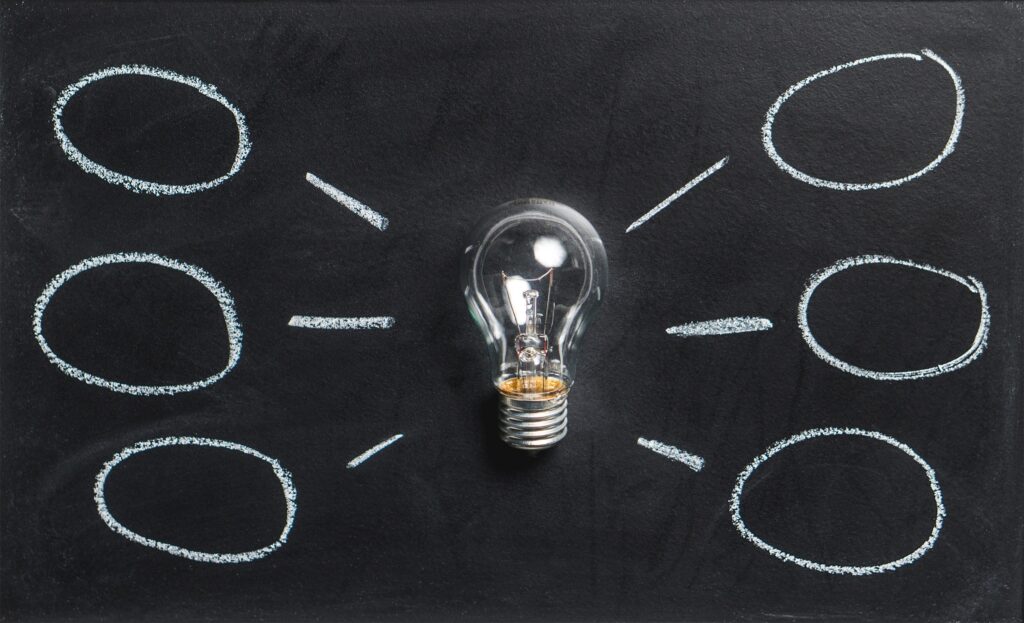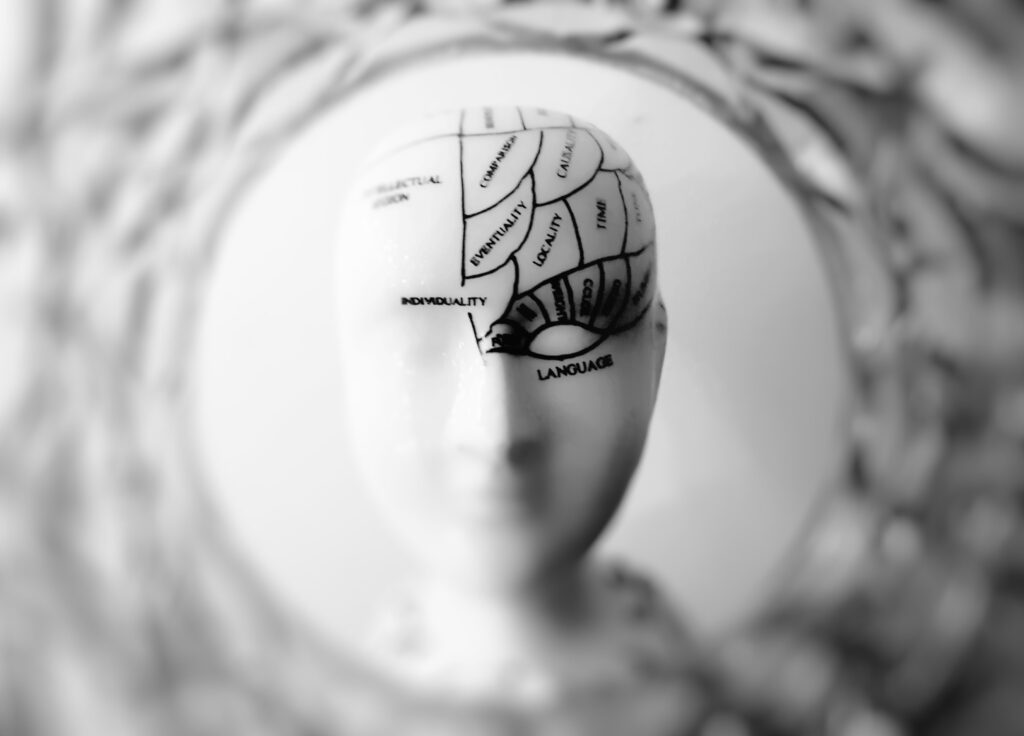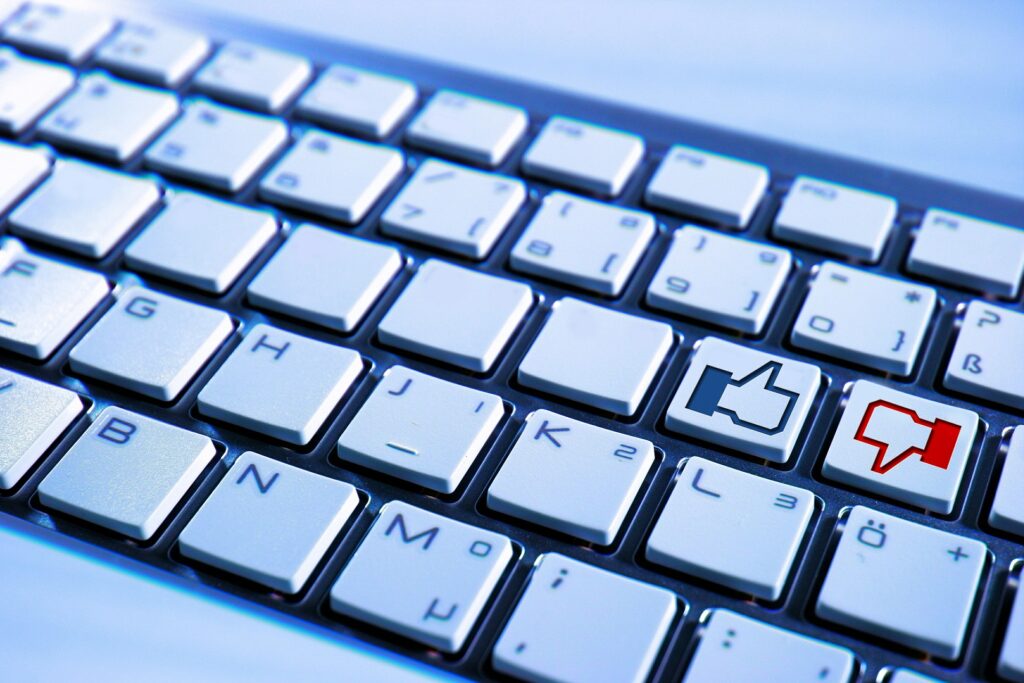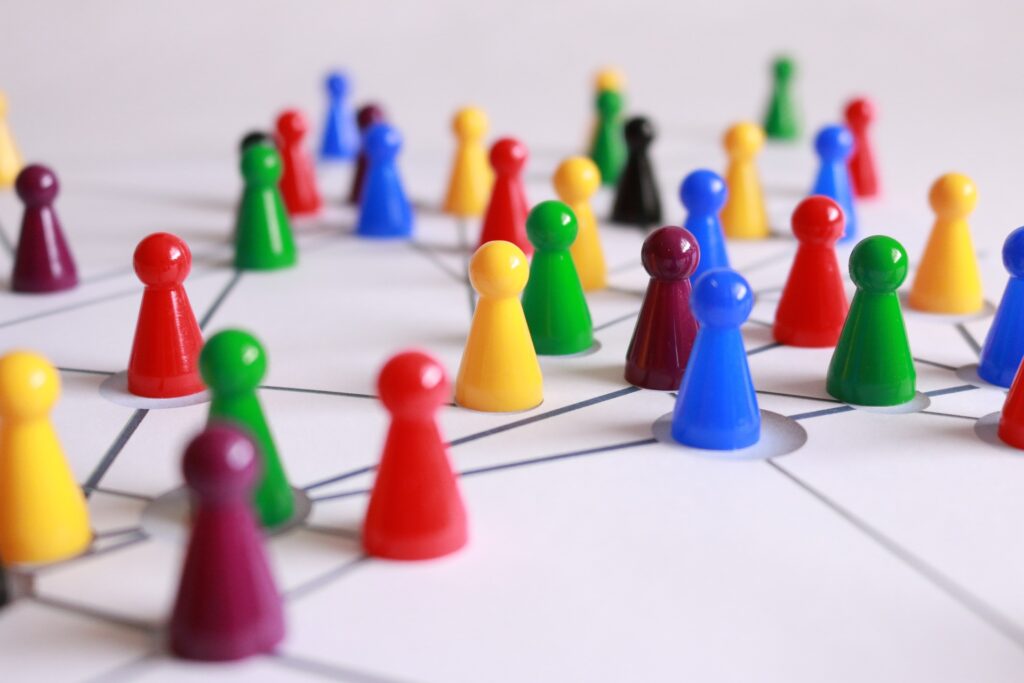
It’s the 21st century. Everyone’s entitled to their own opinions. In this age of having instant information at our fingertips, our minds are quick to reach conclusions. Sometimes, we don’t even realize that our stance on an issue is inherently flawed (from a logical standpoint, at least). Nevertheless, we stick to our guns, based on our belief and faith systems. After all, that’s what forms our sense of identity! Humans aren’t perfect. We make mistakes, which end up becoming milestones in our personal development journey. The way we think dictates our thought process. Sometimes, though, subtle cues and inputs that we perceive cloud our judgment. Perhaps being perfectly logical isn’t for our brains. In the world of psychology, these flaws have a name: cognitive bias.
We are very good lawyers for our own mistakes, but very good judges for the mistakes of others.
Anonymous
What is cognitive bias?
It’s vital to understand that cognitive bias is but an umbrella term for an entire subcategory of psychology and behavior study. The simple definition for the term is that it is an observable pattern among people that deviates from common logic and rationale. That’s not to say that they are mistakes, per se. Some cognitive biases are instrumental to our social interactions and behavior. You’d be surprised to know that there are a great many biases under this term. To make them easier to identify, they’re broadly classified into three categories.
- Behavioral bias: Patterns in the way we conduct ourselves in specific situations.
- Social bias: Influence the way we perceive interpersonal interactions.
- Memory bias: The way we remember things slightly changes over time!
In this article, I’ll be going over a handful of “effects” that we encounter almost daily. The concept of cognitive bias has been around since the 70s. Since then, scientists have discussed the ins and outs of the topic across decades. Over the years, new biases have been discovered. Ergo, cognitive bias as a concept is evolving along with the human race. Let’s see if you can recollect the occurrence of any of the below pointers in your own life!

Behavioral Biases
Confirmation bias
- What it is: The tendency to align oneself with concepts that confirm what you already know, despite factual inaccuracy.
- Where you’ll find it: In this age of social media and peer pressure, it’s ever-present. Why do you think fake news is such a threat?
- Good or bad? Harmless at worst, lethal at best.
- Confirmation bias is one of the most prevalent forms of cognitive bias out there. It’s ingrained into human nature. Isn’t it a familiar feeling to seek reassurance, especially when you’re distraught? What’s problematic about it is the flip side, however. Confirmation bias leads one to actively disregard information that goes against your beliefs/preconceived notions. THAT’S where the problem arises, and it runs rampant in today’s social media-driven age. Online trolls and toxicity need no introduction, especially when they’re hell-bent on proving their twisted convictions. It’s up to us to keep a clear perspective regarding the information we consume, and make the world a better place!

Survivorship Bias
- What it is: An error in logic that arises from focusing solely on the successful “survivors” of an endeavor. This bias gives us the impression that endeavors are far easier than they may seem.
- Where you’ll find it: It’s part and parcel of most success stories one sees nowadays.
- Good or bad? It’s a sad truth of life, more than anything else.
Have you ever heard of the phrase “unsung heroes”? Well, the foundation of that statement comes from a form of cognitive bias based on favoring “survivors”. When we focus on the positive outcomes of a situation, our minds automatically tend to downplay the negatives. Not only that, the way we perceive the actual difficulty and implications of the endeavor also takes a hit. Arguably the best example of this is in the media, when people are portrayed as pioneers, having overcome the odds of a daunting situation with relative ease. What you’re not seeing, however, is the struggle and cost that comes with it. “If he can do it, why can’t you?” can be a very toxic statement at times. Don’t let the allure of the finish line and success distract you from focusing on the actual implications of a situation.
Until the lion learns to write, history will always glorify the hunter.
African proverb
Social Biases

Halo Effect
- What it is: The notable tendency to amplify our positive view of someone/something based solely on a few shared attributes.
- Where you’ll find it: Let’s face it, most of us have been guilty of this in some way or the other.
- Good or bad? Depends on the degree of idolization.
It’s only natural to feel strongly about causes and people you connect with. Most of the time, we’re too quick to cast that positive ring of light around the object in question. This haste leads to oversight of their other flaws, even though they may be huge red flags in the broader perspective. Once that halo comes up, it takes a LOT to change that perception. Brand loyalty is built upon this effect. Companies leverage the attachment we have to a particular product line to sell other products in the same series. When we choose role models in life, we go for people we can relate to. With the halo effect, however, that respect almost becomes blindness. Have you ever felt that sometimes it’s better to take things at face value? If you want to avoid this effect’s negative impact, then that may just be the way to go.
Courtesy Cognitive Bias
- What it is: A bias pattern where people choose to be diplomatic and tell people what they want to hear, despite facts and logic indicating otherwise.
- Where you’ll find it: Most times you want to be diplomatic with someone, that’s courtesy bias at play!
- Good or Bad? In today’s age of political correctness, this definitely does more good than bad.
Have you ever been in a situation where you choose being supportive over brutal honesty? It’s a vital social skill to have in certain cases. However, when that behavior leads to logical fallacies being passed on, it becomes part and parcel of a cognitive bias. We call it common courtesy. Do we stop to think of the receiver’s end, though? At times, continuing to reinforce someone’s acts through support could be very detrimental to their social interactions in the long run. Yes, when in Rome, you do as the Romans do. However, that’s not to say that reality checks should be completely out of the equation either. Exercise good judgment!
Memory-based cognitive bias

Cryptomnesia
- What it is: The phenomenon of recalling a memory as a figment of fresh imagination. In other words, it’s a deja vu, except you don’t realize it.
- Where you’ll find it: It happens randomly every now and then. We just have no clue about it when it DOES happen!
- Good or Bad? Aside from unintentional plagiarism issues, cryptomnesia is mostly harmless.
As the name suggests, cryptomnesia is quite cryptic. As a cognitive bias based on memory, we don’t exactly know WHY it happens. The mind forms a lot of shortcuts as it stores visuals and ideas in its archives. Sometimes, it tends to drop the ball on memory recollection. When we think of fresh concepts, our mind usually starts from a reference point and works from there. That’s where cryptomnesia factors in. If we can’t recall memories exactly from the source, the mind tends to bypass the memory tunnel and present it to you subconsciously as a brand new idea! You can see where the problem is, right? Nobody likes having their original work copied. In the case of cryptomnesia, however, it’s really just an honest mistake. That’s why it’s always better to do your background checks to avoid plagiarism!
Digital amnesia
- What it is: The tendency to easily forget information that is readily available to you. In today’s age, that avenue is digital media.
- Where you’ll find it: Anytime you can’t remember something simple and find yourself Googling it repeatedly.
- Good or Bad? It’s just the way we’ve evolved over time to consume information.
I’m all for technological advancement as much as the next guy. However, is it REALLY that good of a thing to have information at your fingertips all the time? Since we have reliable information sources at the press of a button, our memory has to do less heavy lifting to gain knowledge. The process of knowledge acquisition has become so streamlined that we tend to take it for granted. Ergo, a cognitive bias is born. What we must understand is that digital media is merely a tool to help us in our overall pursuit of knowledge. It can’t substitute for your mind itself. Not yet, at least.
May your thoughts sprout new potential.
There are a plethora of cognitive biases out there. We haven’t even figured out most of them yet. With a steady mind, however, clarity of thought is always within reach.
Leave a comment below if you can relate to the situations listed above. If you want to see more articles based on psychology and the mysteries of the mind, write to me here!


Excellent and comprehensive writing!!!!It could be a short reference blog for more budding psychologists!!!!!! Keep it up!!!Continue this passion and write more and more with the same elan.Just lifted my mind to learn more through this!!! THANK YOU!!!